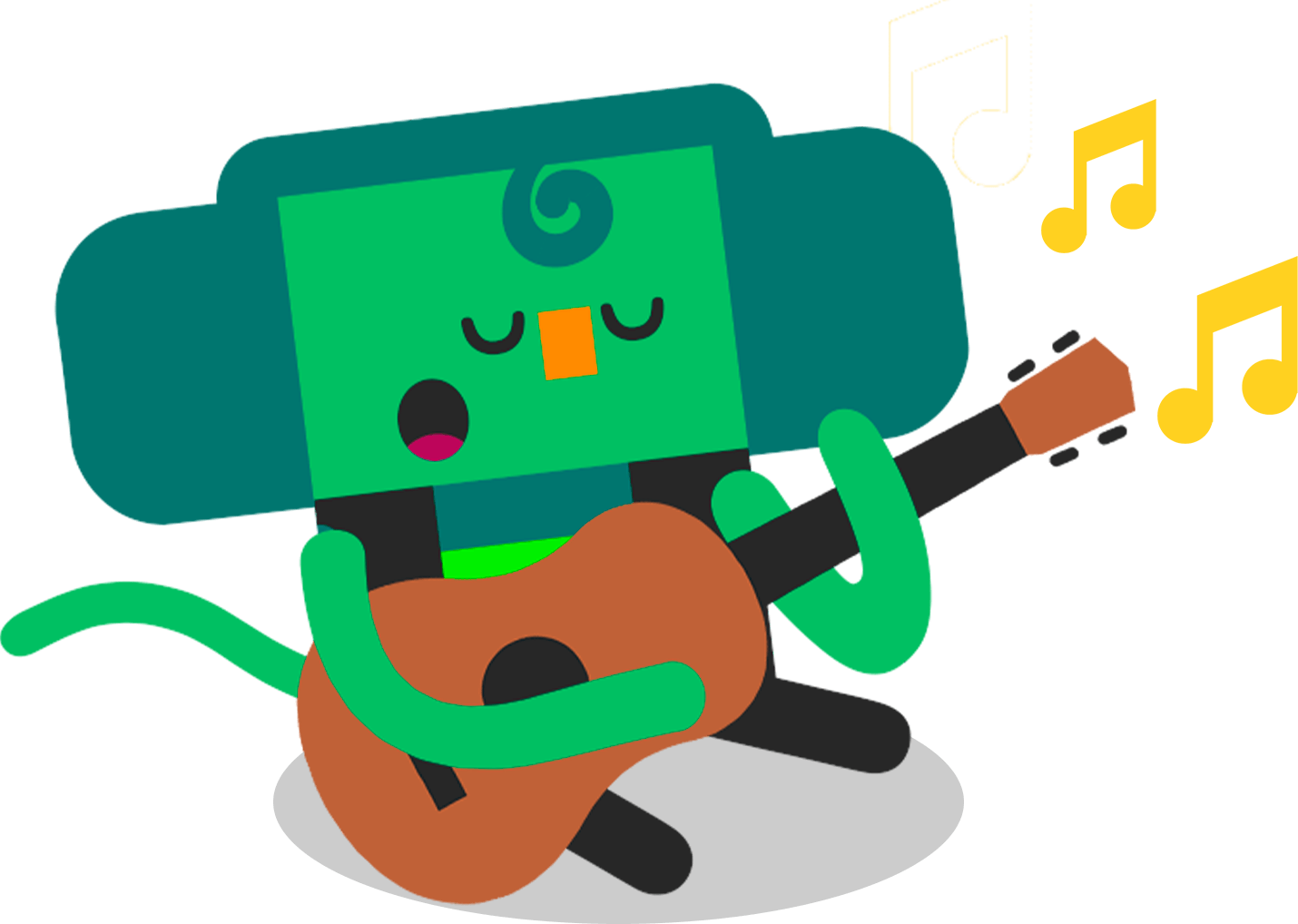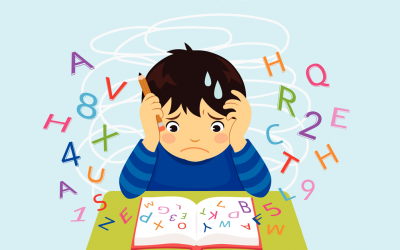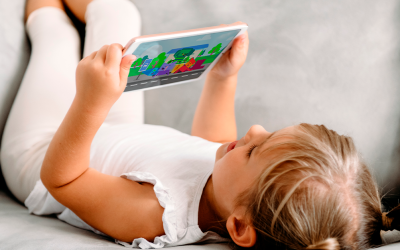Inclusion is a powerful concept that embraces the idea that all people, regardless of their individual differences or characteristics, should have equal opportunities and access to the same resources and services. In essence, inclusion is the promotion of diversity, equity and fairness. In education, this translates into a commitment to ensure that everyone has the opportunity to learn together. And to do so in a regular classroom environment, regardless of their abilities, capabilities, socio-economic group or orientation. Inclusion is about overcoming barriers and building bridges to a world where diversity is celebrated and appreciated. At Apollo Kids, we understand the importance of inclusion in education and are committed to this vision of equality and diversity. So we ask ourselves, are we being inclusive, what tools do we need to broaden our vision towards inclusion?
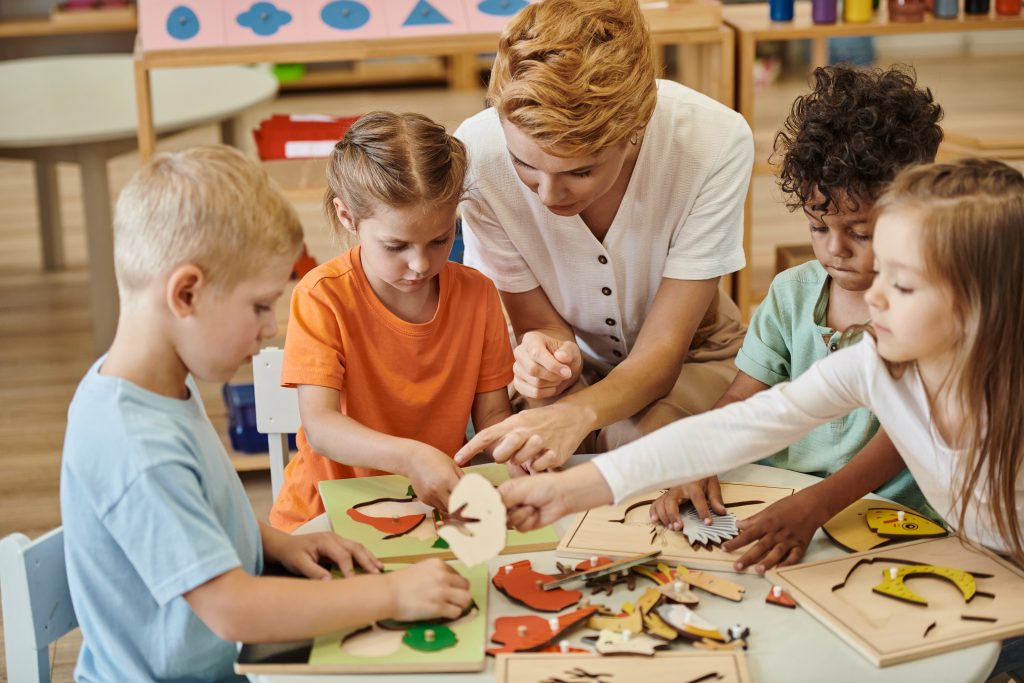
How can we promote inclusion?
This is an essential question that we must all ask ourselves in all aspects of life, from our daily interactions to how our institutions and systems function. Inclusion is not simply a concept that should exist only in education, but is a powerful idea that should permeate all facets of our existence. Imagine a world in which businesses and communities promote the inclusion of everyone, regardless of their differences, and in which every voice is heard and listened to.
A key approach in this process is Universal Design, a philosophy that advocates the creation of accessible products and environments from the outset, meaning that no further adaptations are required. Adapting the materials and resources we have to make life easier is only one part of inclusion. For example, adapting buildings or streets with ramps can be life-changing for people with reduced mobility who need a wheelchair, but it can also be beneficial for carrying pushchairs, moving bicycles or making a walk with suitcases more comfortable.
However, inclusion in education is a crucial starting point for building a better society as a whole. Education is fundamental to our individual and collective growth. By fostering inclusion in the classroom, we are laying the foundation for a society that celebrates and values diversity for the future.
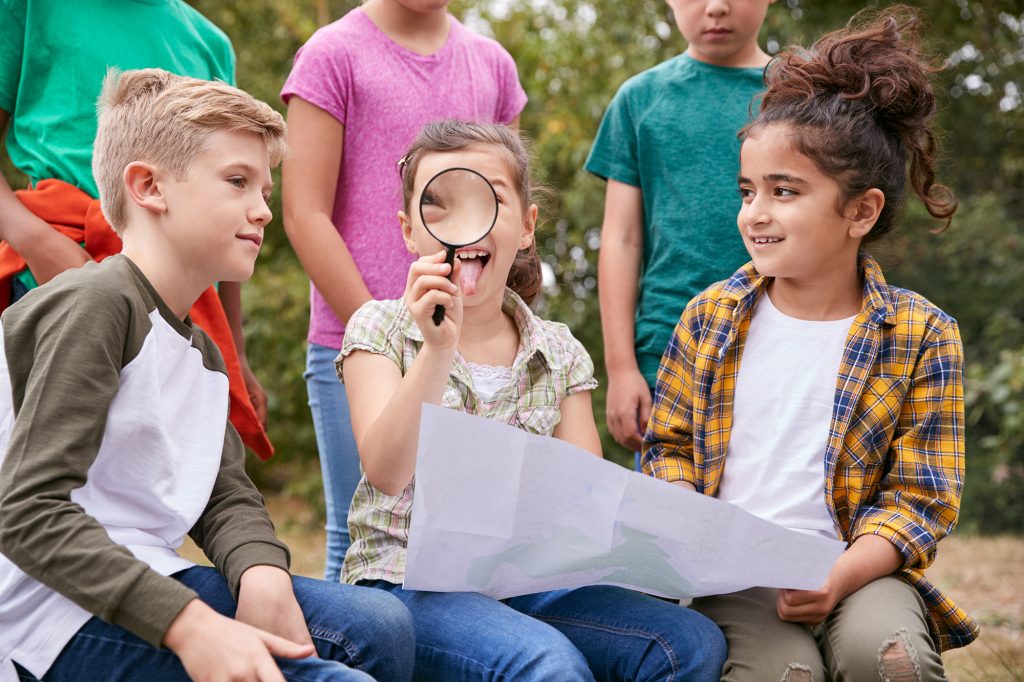
School as the foundation of inclusion
On the road to truly inclusive education, it is crucial to take concrete steps in the classroom. Educators play a key role in this process, and curricular adaptations are a powerful tool. This involves adjusting the way teaching and assessment take place to meet the individual needs of students. For example, in mathematics, teachers can use games that allow for teamwork and understanding concepts in a fun way. Board games involving strategy and problem solving are excellent for this.
In addition, encouraging collaboration between students of different abilities can be enriching for everyone. Imagine students working together on a science project: those with mathematical skills can handle the calculations, while others contribute creativity and communication. Not only does it support students with special needs, it also teaches all children the value of diversity and collaboration. Peers can learn from each other, developing empathy, patience and social skills.
Methodologies to promote inclusion in the classroom
Project Based Learning (PBL). This methodology integrates different disciplines through a relevant and challenging topic. It involves students as active protagonists of their learning. It is inclusive, catering for different paces and abilities, and promotes continuous assessment. Students improve their communication and collaborative skills and share their achievements, promoting socialisation and dissemination of their work.
Flipped Classroom. Promotes inclusion by offering students flexibility to access learning content at their own pace and from anywhere. It facilitates personalisation of the educational process by offering a variety of resource formats and activities, adapting to the individual needs of each student. In the classroom, time is used for more meaningful and collaborative interactions with the guidance of the teacher, benefiting all students, regardless of their particular abilities or requirements.
Cooperative Learning. It encourages active participation, constructive discussions, consensus in decision-making and the exploration of competing opinions to involve all students, regardless of their differences.In addition, this methodology fosters inclusion by establishing peer support networks, such as peer groups in the school that provide support to students with difficulties in relating to each other.Another technique is peer tutoring, where students work in pairs or small groups to provide mutual support, especially useful for students with different ages, abilities or barriers.
There are many other methodologies and activities, such as game-based learning in the digital age, also with video games or gamification. These and many others can be implemented in schools to promote inclusiveness, making differences a beneficial strength for everyone.



